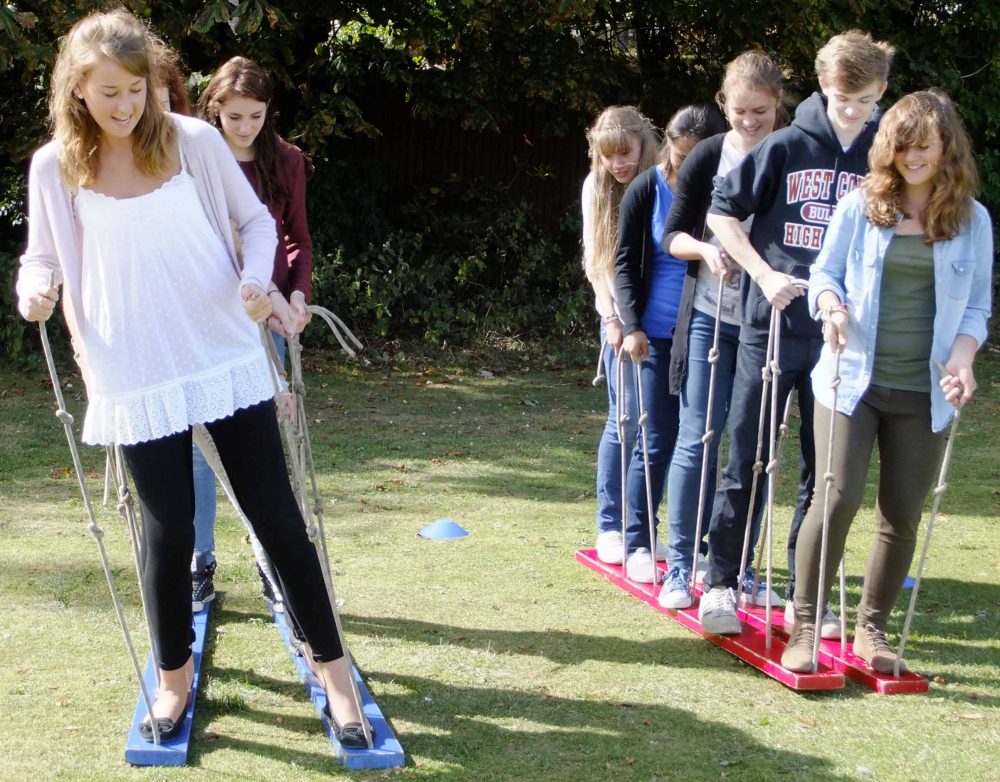The praise to reprimand discussion is one that has been going on forever (or so it seems!). Education in particular is a focus point for this. Teachers spend so many hours a day with children, it’s not surprising they have a big impact on young people’s wellbeing. But every person is different, and some respond better to certain techniques than others. So it very difficult for a teacher to cater for every student’s learning style. Is there an overall formula to help maximise young people’s potential in the classroom? Recent studies appear to say there is!
Reprimand
I’m sure many of us can remember a teacher from our own school days who always seemed to be telling students off. Teachers often give out reprimands in front of the whole class. Generally more serious warnings are being given one-to one. Sometimes they are loud! Essentially, a reprimand is defined as any verbal attempt to decrease undesirable behaviour. Research has proven them to be successful if used correctly in the classroom environment. However, many educators fall into the trap of using them too often. One study found that teachers were issuing a reprimand on average every two minutes.

Image Source: Pexels
Praise
The total opposite to the teacher always telling students off, many of us will also have had teachers who loved to heap praise upon everyone. Even tasks as simple as watering the class plant garnered effusive ramblings of how well we had done. Yet scientific research has showed that using too much praise leads to students becoming lazy and demotivated. It basically cheapens it. Praise for praises sake isn’t enough. For learners to feel the benefit, praise needs to be specific and targeted feedback. Whether that is against learning goals or behavioural targets. Jamie Thom writes in The Guardian that “it is vital that teachers set behavioural expectations high, then recognise when students are striving to achieve them.”
Image Source: Pexels
What is the Praise to Reprimand Ratio?
The Praise to Reprimand Ratio (PRR) works on an educator providing a certain number of “praises” for each reprimand. There has been much debate over the years about what the ideal number is, with recent research suggesting that a 3:1 or 4:1 ratio is best. So three or four praises for every one reprimand. Classrooms implementing this ratio were found to have a marked increase in good behaviour. Some reported up to 30% better behaviour, and improved classwork as a result. The figures vary for specific on-task behaviour and overall attitude. But what is clear is that specific positive re-enforcement works best when paired with selective targeted reprimands.

Image Source: Pexels
How do school team building activity days help?
Problem solving and team building events offer teachers the chance to see their students in a different environment. This often results in positive changes of behaviour from usually disruptive pupils. Giving young people the opportunity to showcase their skills across a range of challenges means that staff can focus on how well the teams are doing. Whether it is by solving complicated tasks or even by simply staying focused, learners are in a situation that gives their teachers the chance to see them at their best.

Image Source: WiseUp Team Building
Contact Us
Give the team at WiseUp a call or use our easy enquiry form to see what kind of team building activity days we can offer.
Cover Image Source: Pexels
Return to Blog



